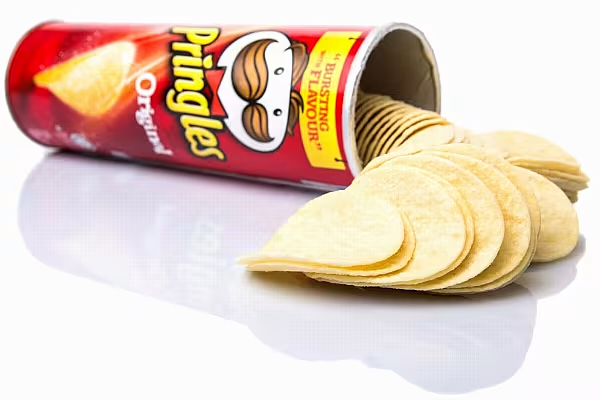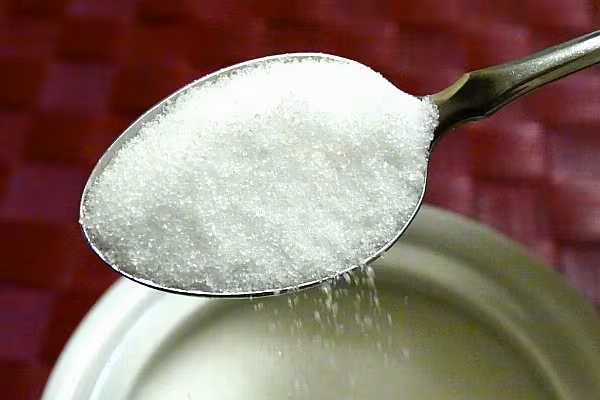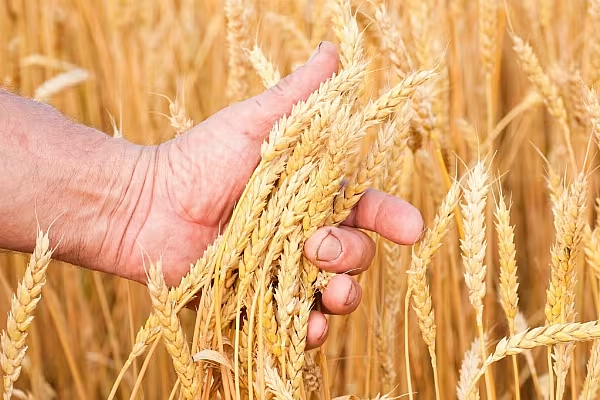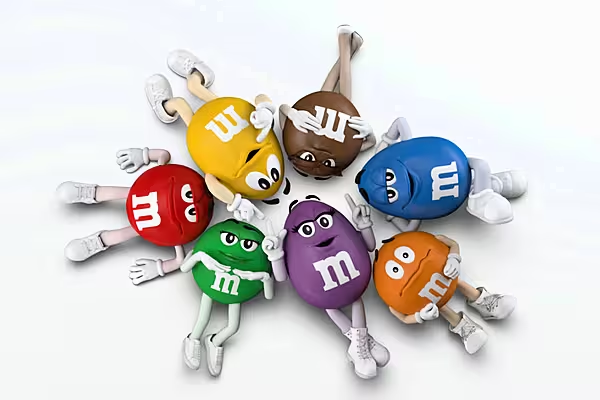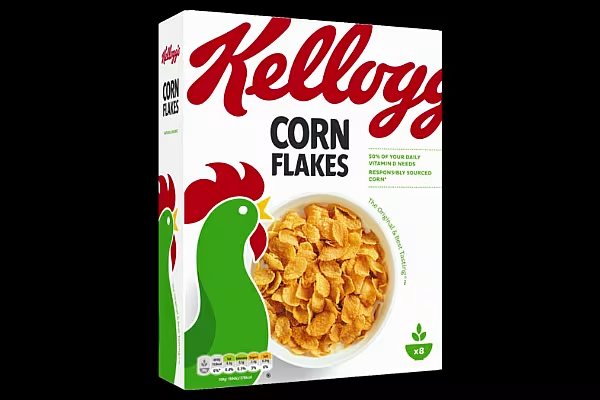Kellogg Co posted a rare profit miss and forecast a decline in organic revenue growth for 2021, as demand for its breakfast cereals and snacks falls from the strong levels seen during last year's lockdowns.
People who had resorted to eating at home during the height of the pandemic have cut purchases of frozen foods and ready-to-eat snacks and returned to ordering in.
While demand for packaged foods has stayed elevated into the current quarter, they are below the levels seen during the panic-buying stage.
Additionally, higher costs have been weighing on packaged food companies. Breakfast cereal maker Kellogg earned 85 cents per share, below estimates of 89 cents, hurt by higher spending on advertising and promotions, as well as COVID-related costs.
Increased Demand
Packaged foods makers have been pouring millions into their supply chains to meet heightened demand from grocers as they look to become bigger players in a competitive food space, while also spending more on hygiene and sanitation measures.
Kellogg reported a 10% jump in its selling, general and administrative expenses to $800 million in the fourth quarter ended Jan. 2 .
Net sales in North America, which accounts for about 60% of Kellogg's revenue, rose by less than 1% on an organic basis, as a resurgence in coronavirus cases hurt its business that sells its cereals, snacks and frozen foods to convenience stores, universities and schools.
Net sales rose to $3.46 billion from $3.22 billion a year earlier. Analysts were expecting sales of $3.50 billion, according to IBES Refinitiv.
Kellogg, which also makes Pringles, Cheez-Its and Pop-Tarts, forecast organic net sales to fall by about 1% in 2021, compared with a growth of 6% in 2020.
News by Reuters, edited by ESM. Click subscribe to sign up to ESM: European Supermarket Magazine.
